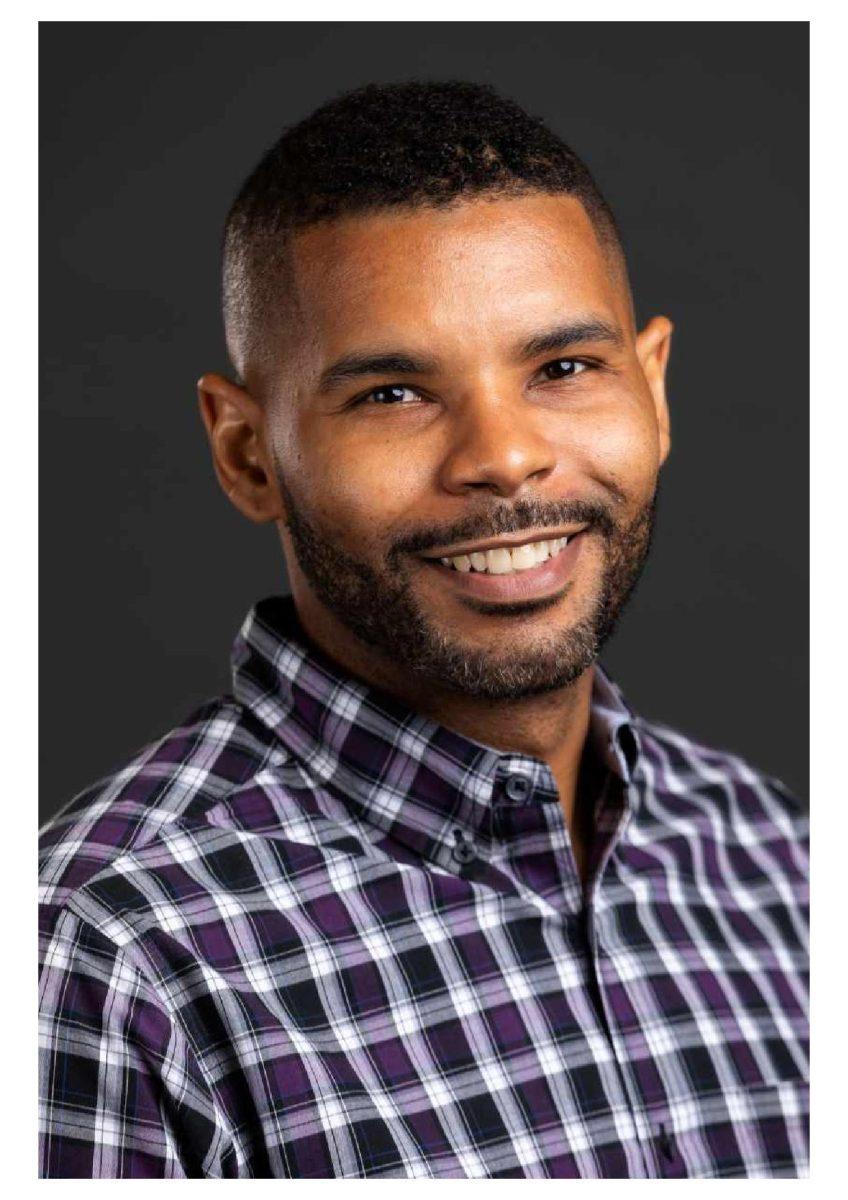An LSU professor is conducting research on how Black communities in Baton Rouge are impacted by COVID-19.
David Stamps, an assistant professor in strategic communication and mass media, collected data from members of the community regarding their resources and shared experiences.
“There’s a plethora of evidence that communities of color have been hit harder by COVID-19 than white communities,” Stamps said.
In Louisiana alone, African Americans make up roughly 70% of COVID-19 cases, but the African American population only comprises 32% of the
population.
Stamps said African Americans are more susceptible to the negative impacts of the pandemic because they are statistically more likely to live in areas with worse air quality, leading to preexisting health conditions such as asthma.
“These factors existed before,” Stamps said. “What COVID did was shine a light and really exacerbate those issues.”
Tina Harris, an internationally renowned interracial communication scholar and the Douglas L. Manship Sr.-Dori Maynard Race, Media and Cultural Literacy Endowed Chair, echoed Stamps’ sentiments.
“It’s heightened society and even members of the Black community to the racial and ethnic disparities that have existed in our country for decades,” Harris said.
Stamps’ research partnered with the E. Pluribus Unum Institute, a nonprofit working toward equity and inclusion for all individuals in the Deep South run by former mayor of New Orleans Mitch Landrieu.
Through partnerships with third party vendors and local vendors throughout the community, Stamps surveyed almost 330 Black individuals, diverse in age and gender, to pull information for recommendations as how to best aid Black communities.
While his research team expected to see a need for financial aid and stimulus payment, the collected data showed an overwhelming need for digital literacy.
“In the midst of COVID-19, being able to talk to your doctor over Zoom or Skype or request medications online keeps you safe,” Stamps said. It’s really about creating more hotspots, expanding broadband and creating classes that teach people how to access the right apps.”
Stamps also said that of all the medical professionals in the country, about 5% are African American even though African Americans make up 14% of the population. The lack of Black doctors has a detrimental impact on the Black community.
“We are grossly underrepresented,” Stamps said. “A doctor who looks like you, who understands your lived experiences and understands the nuance of your identity can tailor medical examinations and practices toward that community.”
Stamps’ research offered a data-based outlook on how communities can assist their Black citizens.
Harris said she found the effect on the community to be depressing; she hopes change could materialize from the research.
“People could come together and develop creative ways to support these communities,” Harris said. “I think that if people were to be strategic, they could work together and collaborate and identify ways they could give back to the local community.”
Stamps agreed and hoped that efforts to aid Black communities would not end with pandemic outreach.
“It’s important for every single community to have a voice, for every single community to have agency and to be heard and to have their needs met
by a society that has arguably vilified and marginalized a lot of different sector,” Stamps said. “We need to make sure that everyone is going to be okay amidst the pandemic and post-pandemic.”
LSU professor researches the impact of COVID-19 on Black communities
September 10, 2020
David Stamps conducted research on how Black communities in Baton Rouge are impacted by COVID-19.





